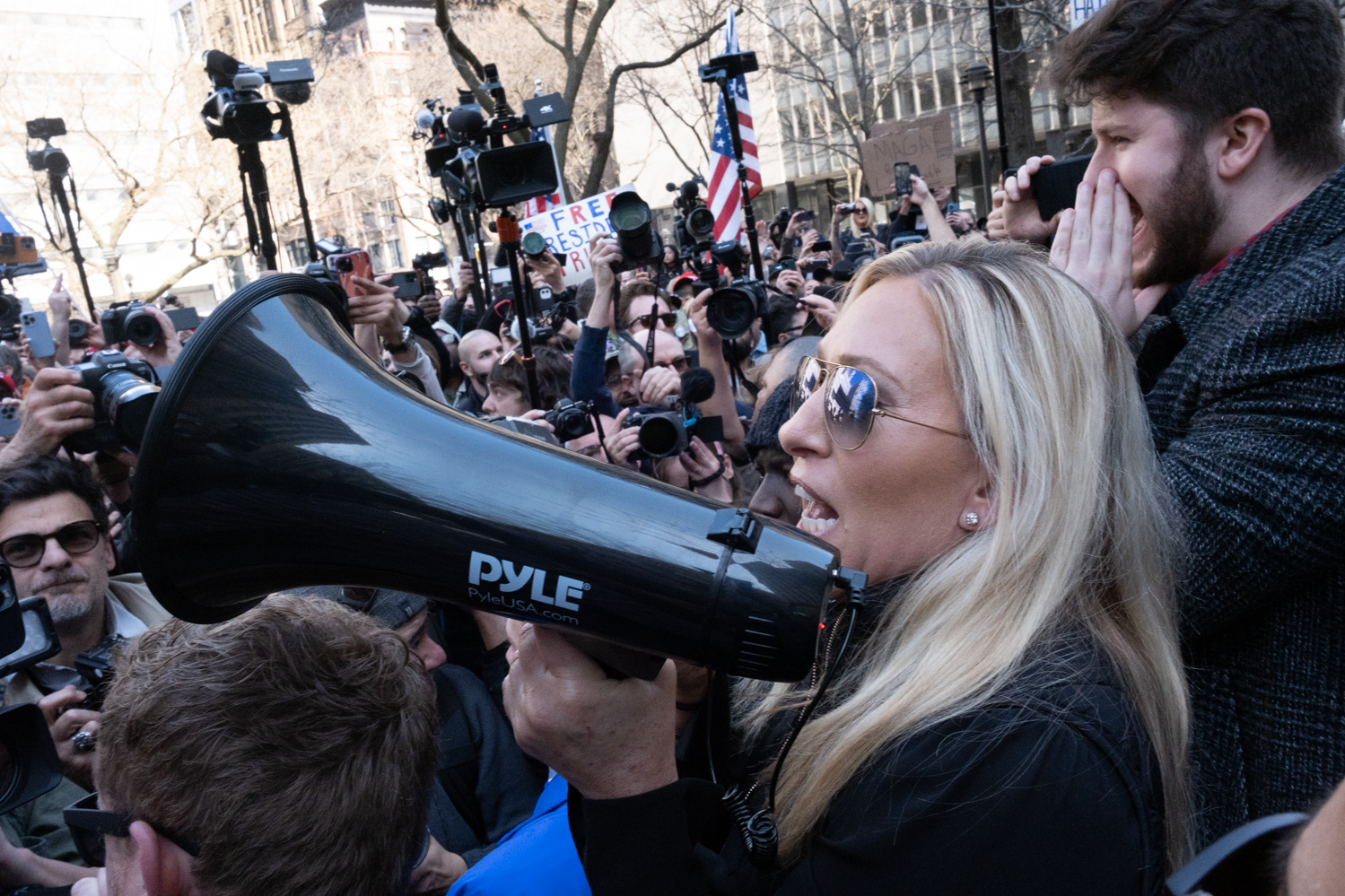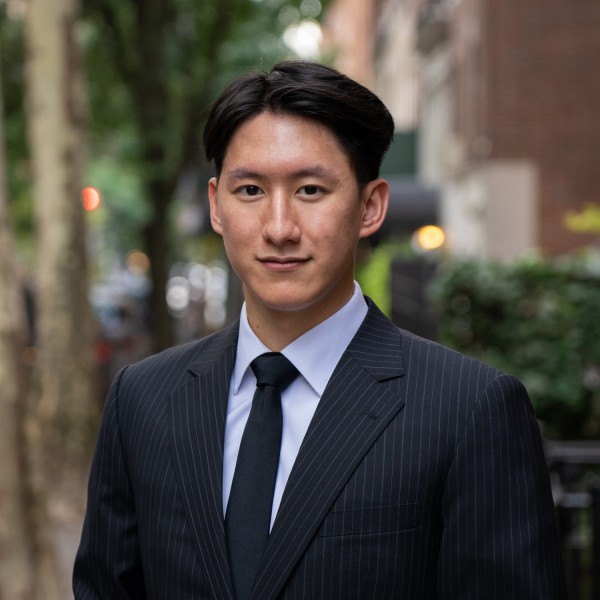The article also shed light on a rift within academia between the natural and social sciences. The natural scientists applauded Sokal for calling out social scientists for offhandedly criticizing the natural sciences and spouting extreme forms of relativism; the social scientists challenged that the natural scientists had missed the point of postmodern criticism of Enlightenment thinking. Most importantly, the article foretells a pervasive divide inside education and politics in America. What Sokal exposed was not just the turf war in academia, but the cultural war that has ripped away our ability to agree on a common truth.
Now, the Sokal incident has largely faded away from contemporary academia. The natural and social sciences have moved on with their own course, despite believing in opposite versions of reality. The theoretical physics community continued with string theory — a multidimensional mathematical solution to bridge together Einstein’s theory of relativity and quantum mechanics. Social Text, the journal where Sokal’s article was published, has continued to publish articles exploring the intersectionality of different historically fringe identities. At NYU, which now houses the nation’s second-best applied mathematics institute and the nation’s top-ranked gender and sexuality programs, the natural and social sciences seem to peacefully coexist together while operating on fundamentally opposite assumptions.
Beyond academia, however, the fracturing consensus of a common reality has cast real casualties on our world.
The culture war in modern discourse falls on the same philosophical fault lines as the two sciences. The social sciences, which rely on theories developed by left-wing intellectuals, are more popular among liberals while conservatives tend to hold a more rigid worldview similar to the natural sciences. Liberals see some scientific disciplines as part and parcel of an outdated social order that has historically denied opportunities to minorities, while conservatives criticize the social sciences for sabotaging functioning systems and values. While people have always seen the world through unique lenses, like academics from a few decades ago, our contemporaries can no longer seem to agree on a common reality that unites us anymore.
Social scientists believe the world is socially constructed — the idea that the way humans perceive our reality is determined more by societal values, norms and traditions rather than objective constraints. Social construction lends itself to policies that aim to introduce more diverse representation in positions of power to construct a more egalitarian society.
Social constructionism is fundamentally opposed to an objective or religious worldview, which would interpret reality as independent of human influence or created by supra-human beings. Diversity and representation can, at times, run counter to values like meritocracy — where decisions are made first based on qualifications and competence before other characteristics.
That’s part of the reason why conservatives tend to push back on liberatory ideas from the social sciences that have reified into social policies — diversity, equity and inclusion policies in workplaces, affirmative action in hiring and college admissions, gender-affirming surgeries for minors and transgender athletes competing in professional sports. The decadeslong litigation around affirmative action in higher education and continuing controversy around human resources departments over implicit bias and diversity training are indicative of our inability to settle on a common ground.
The academic divide has also turned the value of higher education and the culture on college campuses into polarizing topics. In a 2019 Pew Research Center survey, over half of Republican respondents believed colleges and universities have a negative impact on the country, whereas over two-thirds of Democrat respondents believed the contrary. Most Democrats believed college professors act in the public interest, while most Republicans did not.
Despite most respondents expressing doubt about the direction of higher education across the political spectrum, more Republicans did so than Democrats. Democrats were largely concerned with the increasing cost of higher education; Republicans were more concerned about universities having “too much concern about protecting students from views they might find offensive” and “professors bringing their political and social views into the classroom,” issues that fall under the “woke” culture American conservatives have come to vehemently oppose.
Despite partisan disagreements, we know there is genuine value in education. The United Nations — an intergovernmental organization recognized by most countries in the world — sees quality education as perhaps the most effective way to lift the entire world population out of poverty and mitigate gender inequality. But despite these findings, we are unable to agree on the value of education beyond our political views.

























































































































































